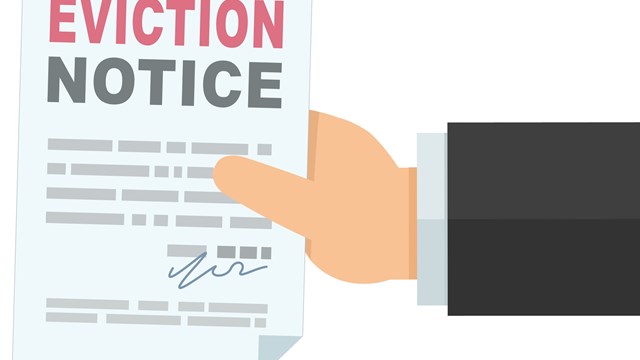Q I have lived in my cooperative apt for the past 13 years and have never been
late with my carrying charges. In those years, the only repairs that the cooperative has made in my apartment
have been emergency repairs (there was a broken pipe under my kitchen sink a
little over a year ago). The building is nearly 60 years old and has not had any plumbing or electrical
wiring upgrade in that time. I have always had an AC unit in my daughter's
bedroom and never had a problem. I have two dedicated lines for the bigger AC
units that are not affected by this problem. This past summer, while we were
sleeping, the power in my daughter's room and my living room would go out due
to a fuse blowing. Both rooms are on one 15-amp fuse. This occurred seven times in one month. I wrote to the management and called
them about this problem. The management sent an electrician to my apartment who
claimed they removed the fuse holder and replaced the 15-amp fuse with a 20-amp
one. Three months later, I received a bill in excess of $500 from the
electrician that was forwarded to me by the co-op for payment. I sent the management a letter disputing the bill itself and the fact that I was
not responsible for it. Then I was told that I am being billed because I
demanded an electrician. No such demand was made. The management allocated portions of my monthly
maintenance to pay this bill and the co-op has put me in arrears. The
management and the board have refused to refund my maintenance and take
responsibility for this bill.
Moreover, the same problem continued after they claimed it was fixed. I had to use the kitchen outlet for the air conditioner so that my daughter
could have air conditioning in her room. I notified the management about this in writing, but no one has come to find out
what the cause of the problem is, nor have they responded to how they plan to
resolve this problem. What do I do short of filing a complaint against the
corporation in small claims court?
A “Like many disputes of this nature,” says Steven Troup, a partner of the New York law firm Tarter Krinsky & Drogin LLP, “one would have to review the proprietary lease and perhaps the bylaws to
determine whether such a "repair" is the responsibility of the shareholder or
the co-op. Most proprietary leases would classify this problem as shareholder
responsibility. From what the shareholder describes, it would probably be seen
as reasonable for management to respond to the shareholder's complaint of an
electrical problem by sending in an electrician. The shareholder is entitled to
see a copy of the bill from the electrician and receive a breakdown of what was
done, the time spent doing it, etc., and management should provide that.
“Regarding the continuing problem, the shareholder should consult an electrician
of his or her choice. I suspect that the recommendation might be to remove the
old fuse box and install a circuit breaker panel box. This would likely be at
the shareholder's expense, and would definitely require co-op board approval.
“The shareholder asks for a solution without filing a lawsuit. One possibility is to withhold maintenance and let the co-op board commence a
nonpayment proceeding in housing court. However, if the court determines that the problem is indeed the shareholder’s responsibility, it is likely that the shareholder will be forced to pay the
co-op's attorneys' fees and expenses, in addition to the withheld maintenance
payments. This is not always a viable solution.”







Leave a Comment